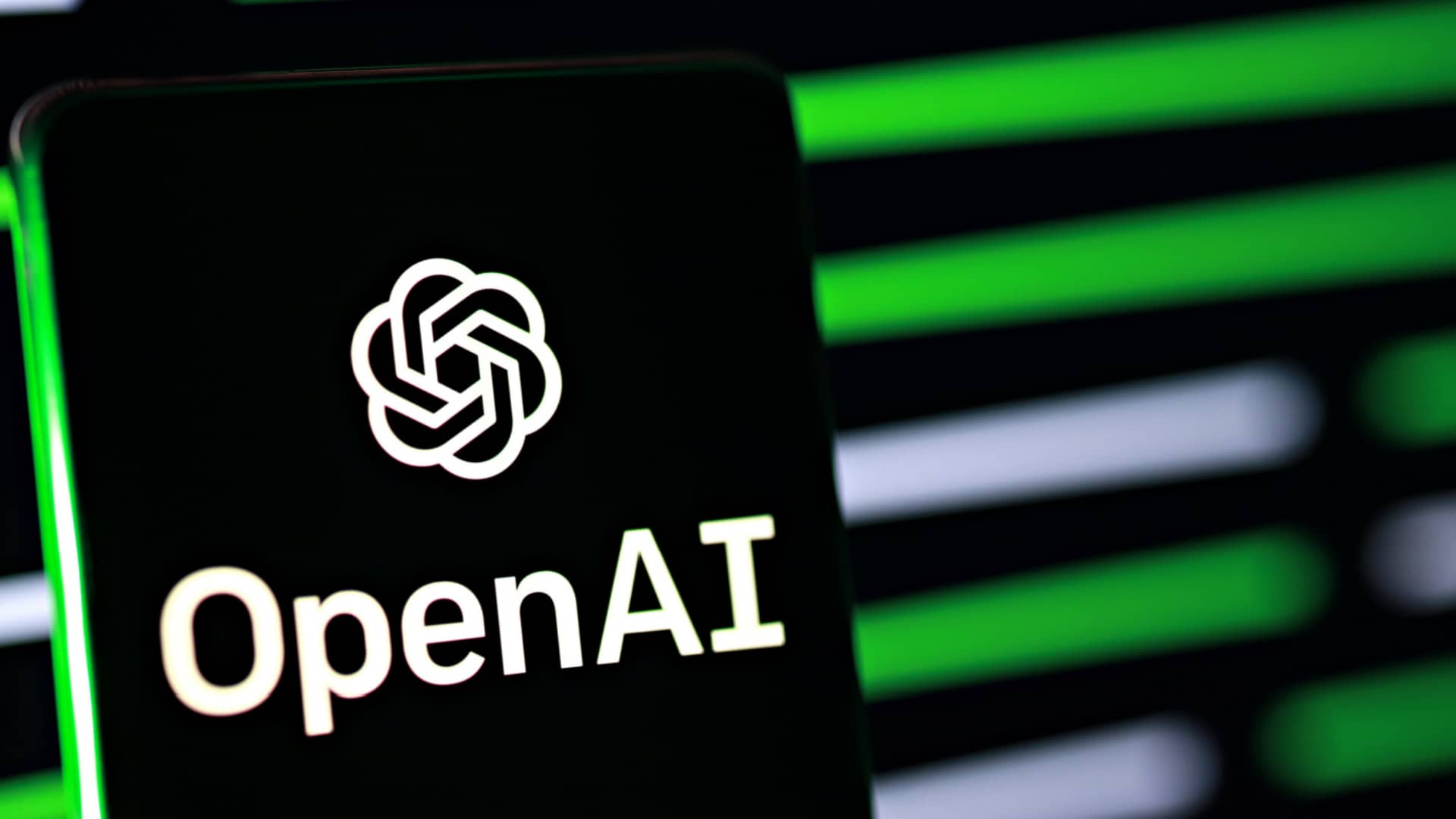
OpenAI's for-profit transformation: What are the challenges ahead
What's the story
OpenAI has decided to make a pretty big shift from being a non-profit to going fully for-profit. This move comes after some internal squabbles about how quickly they should be rolling out new products. Now, the ChatGPT maker is on the hunt for an extra $6.5 billion in funding from tech giants like Microsoft and NVIDIA, along with some venture firms.
Transition process
Transition to a for-profit entity: What it entails
Turning a non-profit into a for-profit isn't as straightforward as you might think. OpenAI has a bunch of complicated steps to tackle in the next two years, and one of the biggest is asset conversion. When a non-profit makes the switch, it has to hang onto assets worth at least as much as what it gives to the for-profit side.
Equity concerns
Equity distribution and potential antitrust concerns
OpenAI's got another challenge ahead: figuring out how to convert future profit shares into equity in the new company. With Microsoft's massive $13 billion investment, they could snag a big slice of equity in the new setup. This could stir up some antitrust regulation concerns, as per The Wall Street Journal.
CEO's stake
CEO Altman's equity stake in OpenAI
OpenAI's CEO, Sam Altman, is getting equity in the company. The buzz is about a potential 7% stake, which could be valued at a whopping $150 billion. However, Altman has labeled these reports as "ludicrous," according to The Information. If this turns out to be true, it might raise some eyebrows, especially since OpenAI is still all about making tech for the public good.
Governance decisions
OpenAI's governance structure and legal changes
OpenAI is also facing some big choices about how to run its new for-profit arm and how it connects to the non-profit side of things. They'll need to pick someone to lead the new non-profit and decide where its funds will be allocated. Plus, they have to tweak their structure according to Delaware's laws. Fortunately, this should be a breeze, thanks to Delaware's business-friendly regulations, as Jill Horwitz, a professor from UCLA points out.
Information
OpenAI's ongoing litigation and future plans
OpenAI is currently navigating some legal hurdles that might impact its transition. One of the big ones is a lawsuit from Elon Musk, who claims that OpenAI and its co-founders, Altman and Greg Brockman, put commercial interests ahead of public benefit.